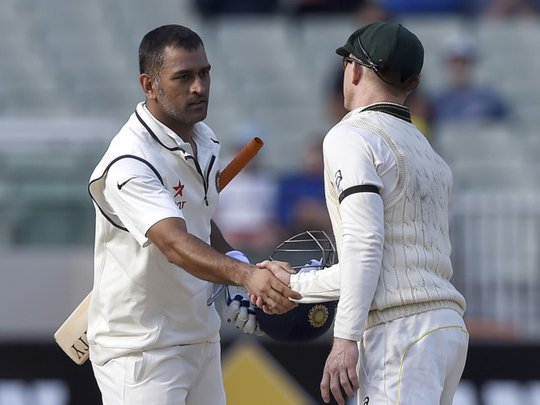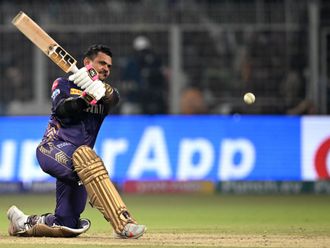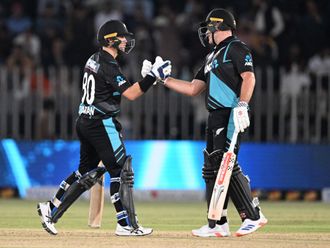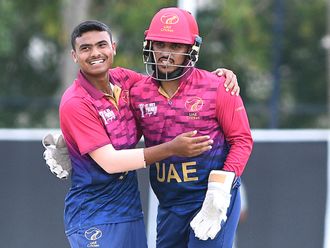
Though it has been a few days since Indian skipper Mahendra Singh Dhoni abruptly announced his retirement from Test cricket mid-way through a series, the debate is still on whether the Indian skipper’s act was in the spirit of the game or not.
Cricket fans have been divided on this with some justifying Dhoni’s decision hailing it as fantastic and others that believe it was a sheer act of arrogance.
Dhoni supporters argue that he has every right to retire when he wishes, given that he has contributed so much to Indian cricket, and that he now feels it is time to go. But what they fail to consider is whether captaincy is something that can be given up so abruptly…just five minutes after a match? However great a captain, in this instance, Dhoni hasn’t shown respect to his post.
Every cricketer has the right to retire whenever he wants to, but not when he is entrusted with a responsibility. To suddenly decide that you’ve had enough of Test cricket and disappear is surely not expected from a leader. In such a situation, is there a guarantee that mid-way through the upcoming World Cup he may not lose interest in one-day format too? No one knew untll the end of the Melbourne Test that he had lost interest in Test cricket.
The BCCI should have condemned such an instinctive decision taken by a player who was entrusted with a responsibility. By remaining silent, they have shown themselves as a weak, unprofessional set up. Speculative stories are now doing the rounds over Dhoni’s decision with some stating that the Indian captain was upset with Ravi Shastri and Virat Kohli joining hands against Coach Duncan Fletcher. The real truth of the incident might now be reserved to be disclosed through a book that Dhoni may plan to write in the future, like the usual trend, to ensure a best seller.
Hardly anyone has bothered to weigh the consequences of Dhoni’s decision. First and foremost, the Indian team commences their World Cup campaign under the cloud of Dhoni’s exit, and doubts exist whether all is right with the Indian team. It’s also unsure whether Dhoni will now get the same respect he used to earlier as a captain. Until the Melbourne Test he was considered a pragmatic leader who thinks on his feet. He was hailed as Captain Cool for his total control over his temperament. History will now record him as a captain who retired in a huff.
If the Indian cricket board considers and accepts this incident as normal, then it is setting a wrong precedence for their future captains.












